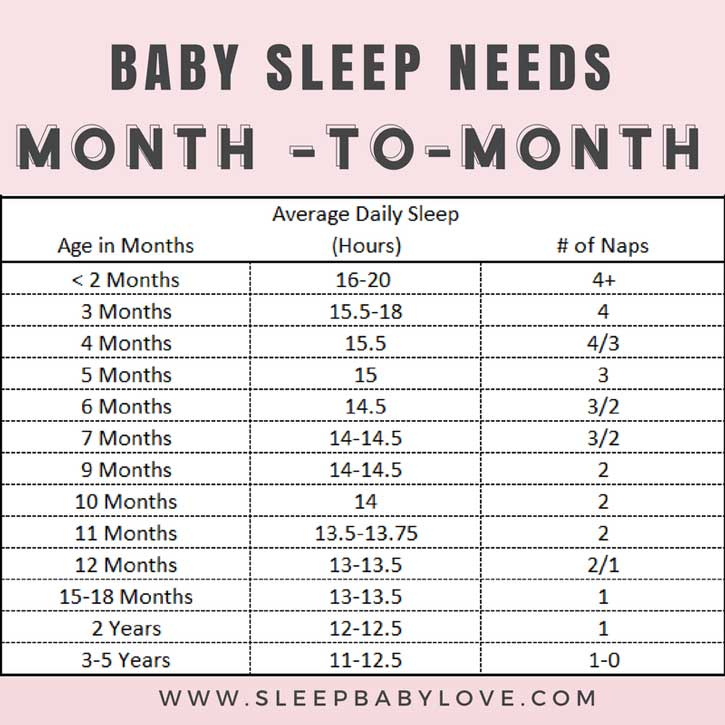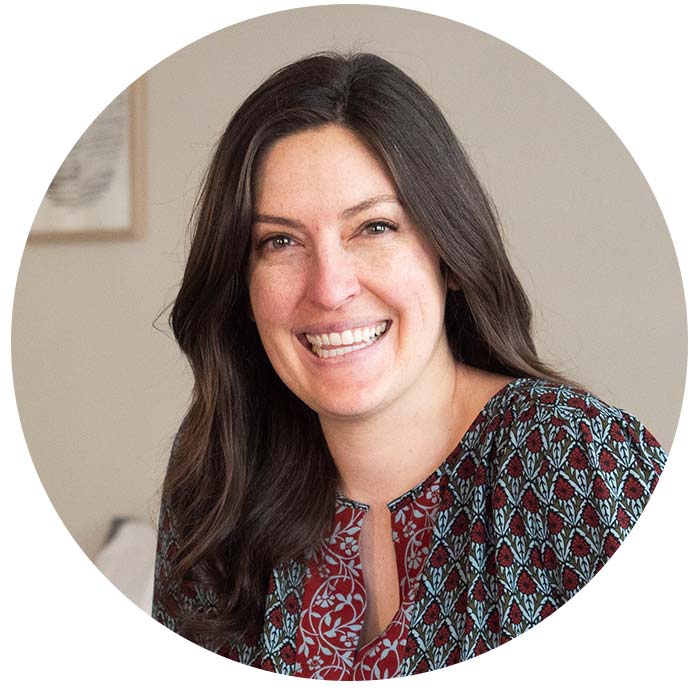Quality sleep and a new baby don’t always go hand in hand. While babies sleep for approximately 14 to 17 hours in a 24-hour period, these stretches of sleep are often intermittent at best. To help their infants adopt more sustainable sleep schedules, many parents are turning to pediatric sleep consultants.
A 2018 study from McGill University found that up to 57% of the 6-to-12-month-olds studied did not sleep through the night, which experts define as six to eight uninterrupted hours of sleep.
In addition, some babies become accustomed to certain cues or habits that they feel they need in order to fall and stay asleep. “When it is time for bed, many parents want to rock or breastfeed a baby to help him or her fall asleep,” say the experts at Stanford Children’s Health in San Francisco. “This may become a pattern and your baby may begin to expect to be in your arms in order to fall asleep.”
To ensure babies are getting enough recommended sleep, and to help them learn self-soothing and other independent sleep skills, some parents enlist the help of a certified pediatric sleep consultant to help them “sleep train” their child.
These consultants provide sleep resources and education to parents and can also help create a personalized sleep program that is developmentally appropriate for their child.
“Sleep is essential for a well-functioning mommy and daddy in our house (and babies),” Melanie Nadell, Ph.D., a clinical psychologist and mother of two young sons told Mattress Clarity. “For our kids, sleep training was really the only way that we were able to achieve a rested household. ”
To learn more about sleep training and the role sleep consultants can play, we spoke with Susie Parker, Sleep Consultant and founder of Sleep Baby Love, Child Sleep Consulting.
Mattress Clarity (MC): What is Sleep Training?
Susie Parker (SP): Sleep training is the process to teach your baby independent sleep skills. Some babies naturally have that ability to self-soothe and other babies have to learn how to do it.
MC: Is Sleep Training The Same Thing As Making My Baby “Cry It Out”?
SP: As stated in my definition above, sleep training is more about the process of teaching independent skills. Within that definition, there are many components to making sure your baby is well-rested, napping and sleeping at the right times and of course have age appropriate night feedings. Cry It Out (CIO) is only one of the many methods to choose from as a soothing method and a small component of the overall process of sleep training. Sadly, CIO gives sleep training a bad rap since it’s such a decisive method.
MC: Is Sleep Training Something I Can Do By Myself, Or Do I Need To Use A Consultant?
SP: Sleep training is about coming up with a super solid plan so you don’t waver as a parent. Some parents feel confident reading information online and being successful in their attempts. Many parents hire me as a sleep consultant when the information online becomes too conflicting or overwhelming and they want me to steer them in the right direction to help their family reach their sleep goals. Other parents have had failed attempts [and] aren’t even sure where to start. That’s what I can help with!
MC: What Is A Good Age To Start Sleep Training?
SP: I start sleep training after 4 months of age (don’t forget to adjust the age if your baby was born early), but I always recommend discussing what your baby’s pediatrician can recommend. It’s really about your readiness to follow through with your plan.
MC: How Can I Tell If My Baby Has Napped Or Slept Long Enough?
SP: Ideally, we would like your baby waking happy from a restorative, restful sleep, but some babies just wake up a little cranky. To start, I focus on seeing [if] your baby is getting sleep requirements close to the averages shown in this chart [below]. Also, we would want to make sure that naps are over 45 minutes (which is one sleep cycle). A short nap shows that your baby can’t transfer sleep cycles and is possibly not well-rested.
MC: Is The Crib The Best Place For My Child To Sleep?
SP: Yes, according to the American Academy of Pediatric’s (AAP’s) safe sleep practices, you want to focus on your baby sleeping on a flat, solid surface without anything around within a crib or bassinet.
MC: What Tips Do You Have To Help My Baby Sleep Soundly In His/Her Own Room?
SP: Create a cozy environment for your baby. Play white-noise during sleep time, use blackout shades to keep the room dark. Use a swaddle or sleep sack for naps and bedtime to keep your baby cozy (you wanted to use a blanket for bed, so should your child!). If your baby has never slept in her room, you can start getting her more and more used to it with quiet play, feeding or diaper changes.
RELATED: Best Mattress For Toddlers
Expert bio: Susie Parker is a certified Sleep Consultant and founder of Sleep Baby Love, Child Sleep Consulting. She is a “been there done that” mom of two beautiful girls who has had to deal with many sleep challenges head-on. Through personalized consulting and online courses, she helps many exhausted families teach their babies, toddlers, and preschoolers to LOVE sleep.


